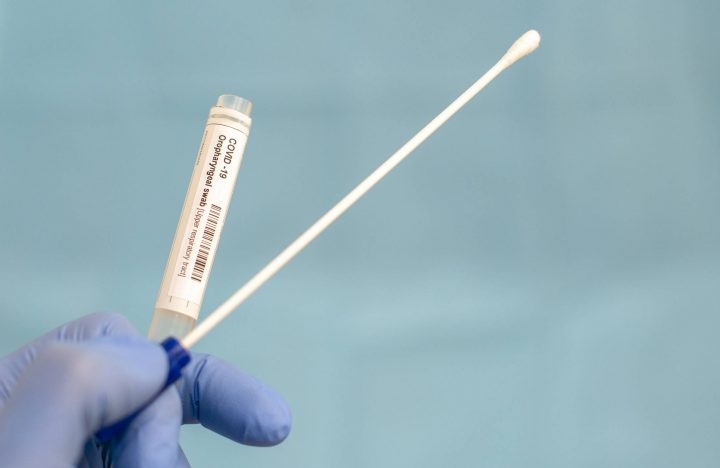The Saskatchewan government gave an update on new coronavirus cases in the province on Wednesday.

Health officials said there were six new cases in the province, bringing the overall total to 326 since March 11.
Five people are currently in hospital — four are receiving inpatient care and one in intensive care.
Nine more people have recovered, bringing total recoveries to 261.
There are currently 61 active cases in the province, health officials said. Active cases are total cases less recoveries and deaths.
There have been four COVID-19-related deaths in Saskatchewan.
Health officials said 136 cases in the province are travel-related, with 135 due to contacts or mass gatherings. Another 32 have no known exposures and 23 remain under investigation.
Of the 150 total cases reported in the Saskatoon area, 24 are considered active.

Get weekly health news
In the Regina area, 13 of the 71 total cases are active, while the north region has 61 total and five active cases.
The south region has 15 total cases and one active case, the central region 11 total cases and two active cases, and the far north 18 total cases and 16 active cases.
To date, Over 25,320 tests have been carried out in the province.
Premier Scott Moe is scheduled to address the province on Wednesday prior to the release of the government’s “Re-Open Saskatchewan” plan on Thursday morning. The provincial address can be viewed on Global News at 6:02 p.m.
Questions about COVID-19? Here are some things you need to know:
Health officials caution against all international travel. Returning travellers are legally obligated to self-isolate for 14 days, beginning March 26, in case they develop symptoms and to prevent spreading the virus to others. Some provinces and territories have also implemented additional recommendations or enforcement measures to ensure those returning to the area self-isolate.
Symptoms can include fever, cough and difficulty breathing — very similar to a cold or flu. Some people can develop a more severe illness. People most at risk of this include older adults and people with severe chronic medical conditions like heart, lung or kidney disease. If you develop symptoms, contact public health authorities.
To prevent the virus from spreading, experts recommend frequent handwashing and coughing into your sleeve. They also recommend minimizing contact with others, staying home as much as possible and maintaining a distance of two metres from other people if you go out.
For full COVID-19 coverage from Global News, click here.












Comments
Want to discuss? Please read our Commenting Policy first.